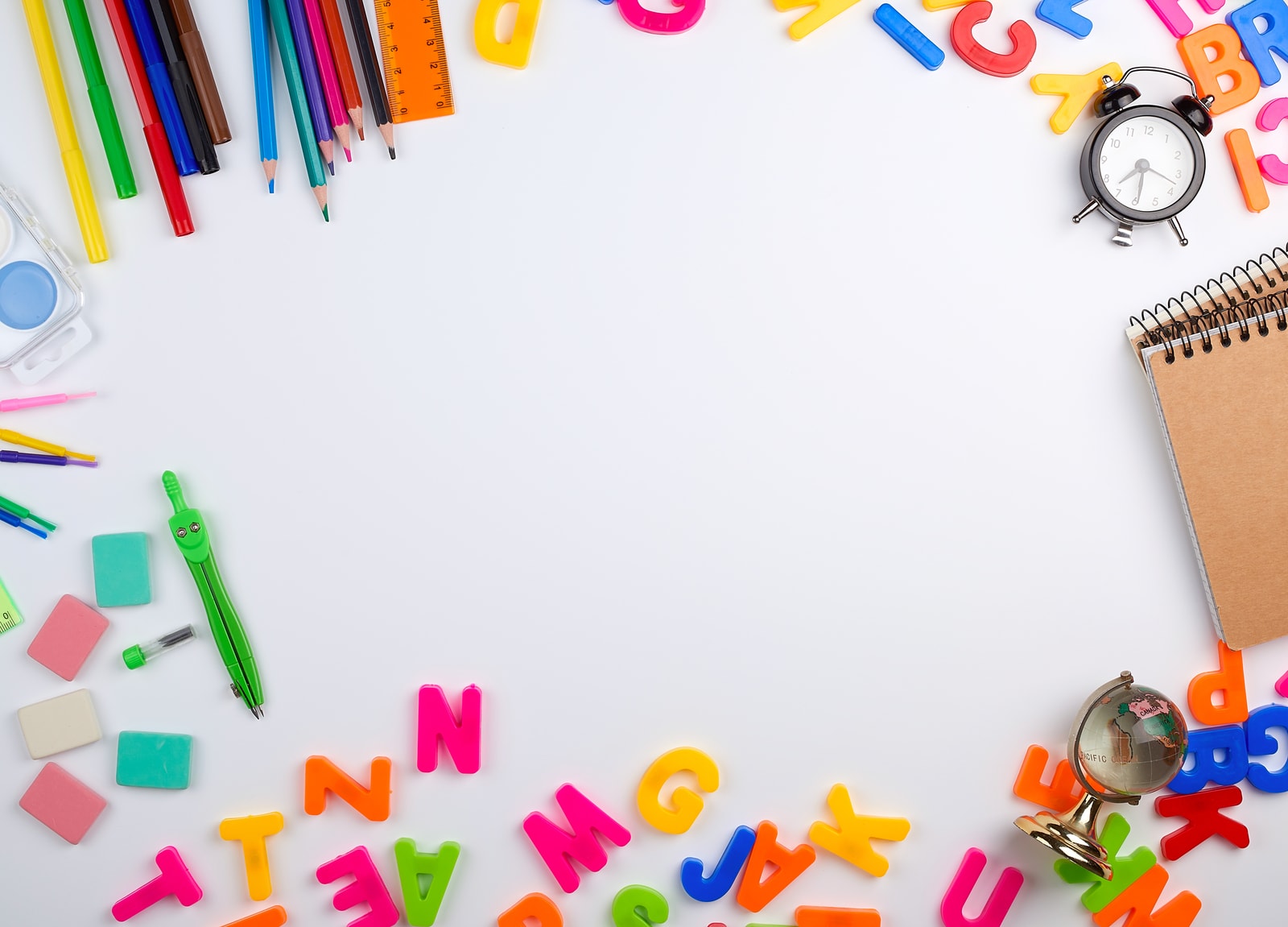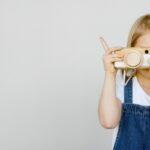The incorporation of preschool play techniques into university-level education is gaining traction as educators and psychologists recognize the benefits of play in enhancing creativity and learning. These methods, rooted in the principles of exploration, imagination, and hands-on learning, are not just for children. They hold significant value for college students as well. By integrating playful learning experiences into higher education, universities can foster environments that stimulate creativity, problem-solving, and innovative thinking.
Amid the academic pressures of college, where students often wonder, “Who can do my assignment for me?” integrating play into the learning process can provide a refreshing and effective approach to education. This strategy not only relieves stress but also promotes a more engaging and enjoyable learning experience. It encourages students to think outside the box and approach challenges with a creative and open mindset, much like the exploratory play of preschool.
Theoretical Basis of Play in Learning
Cognitive Development through Play
Play is recognized for its critical role in cognitive development, offering a dynamic environment for exploring ideas and concepts. In university settings, applying play-based learning can enhance students’ understanding of complex theories and foster critical thinking skills. This method allows learners to experiment with different scenarios and outcomes, leading to deeper comprehension and retention of academic material. Engaging in play-driven activities can mimic real-life problems, enabling students to apply theoretical knowledge in practical contexts, thus bridging the gap between abstract concepts and tangible understanding.
Emotional and Social Growth
Incorporating play techniques at the university level supports emotional and social development. Group play activities improve communication skills, teamwork, and empathy among students, essential for personal and professional growth. These social interactions in a playful setting encourage collaboration and networking, crucial elements in the collegiate experience. Through play, students can develop a sense of community and belonging, which is vital for emotional well-being and academic success, fostering a supportive and dynamic educational environment.
Encouraging Creativity and Innovation
Playful learning environments stimulate creativity by providing students with the freedom to take risks, fail safely, and explore unconventional solutions. This approach nurtures an innovative mindset, essential for success in many fields of study and future careers. It helps break the conventional boundaries of learning, allowing students to discover and develop their creative capacities. By promoting divergent thinking and problem-solving, play-based learning encourages students to challenge norms, think laterally, and cultivate a culture of innovation and continuous improvement.
Enhancing Problem-Solving Skills
Play in learning, especially at the university level, significantly enhances problem-solving skills. Through play, students engage in activities that require them to assess situations, identify problems, brainstorm solutions, and apply various strategies to overcome challenges. This active problem-solving process is crucial in academic and real-world settings, where solutions are often not clear-cut. By regularly navigating these playful, problem-solving scenarios, students can develop a more agile and adaptive approach to tackling complex issues, enhancing their analytical skills and decision-making abilities.
Boosting Motivation and Engagement
Integrating play into university education can also boost motivation and engagement among students. Playful learning activities are often more enjoyable and less intimidating than traditional educational methods, leading to increased student interest and participation. This heightened engagement is crucial for deep learning and retention of information. Moreover, when students find joy in the learning process, their intrinsic motivation increases, driving them to explore subjects more deeply and persistently, ultimately enhancing their educational experience and success.
Implementing Play Techniques in University Education
Interactive and Experiential Learning
Universities can adopt interactive and experiential learning activities that mirror preschool play. These can include simulations, role-playing, and gamified learning, which make academic content more relatable and engaging. Such methods provide hands-on experiences that enhance understanding and stimulate intellectual curiosity. This approach not only makes learning more enjoyable but also more effective, as students are actively involved in the learning process, leading to better retention and understanding of the subject matter.
Designing Playful Learning Spaces
Creating spaces that encourage play and creativity is essential in promoting an innovative learning atmosphere. These spaces can be equipped with materials and resources that inspire experimentation and exploration, similar to a preschool environment. Flexible classrooms, interactive labs, and outdoor learning areas can facilitate playful learning experiences. These environments are conducive to creative thinking and problem-solving, enabling students to experiment freely and learn from their interactions and discoveries.
Integrating Technology and Play
The use of technology in playful learning at the university level can enhance the educational experience. Digital tools and platforms can support interactive and collaborative activities, offering new ways for students to engage with content and with each other. Virtual reality, simulations, and educational apps are examples of how technology can be harnessed to create immersive and playful learning experiences. This integration of technology and play not only modernizes the educational process but also aligns with the digital proficiency expected in many professional fields, preparing students for future challenges.
Conclusion
The impact of preschool play techniques on university-level creativity is profound, offering a robust framework for developing innovative, engaged, and well-rounded students. By embracing these methods, universities can create an educational environment that values and nurtures creativity, preparing students for the complexities of the modern world. As college students continue to seek the best essay writers online for academic support, the integration of play in higher education stands as a testament to the evolving landscape of learning, where creativity and play go hand in hand in fostering academic and personal growth.
Author Profile
Nicole Hardy is renowned for her insightful and meticulous journalism in education and the arts, particularly noted for her coverage of performing arts education. With a career spanning over a decade, Hardy has established herself as a respected authority in the field. Her work is characterized by deep analysis and an engaging narrative style. She holds a Master’s in Journalism from the University of Arts, specializing in arts and culture reporting.








